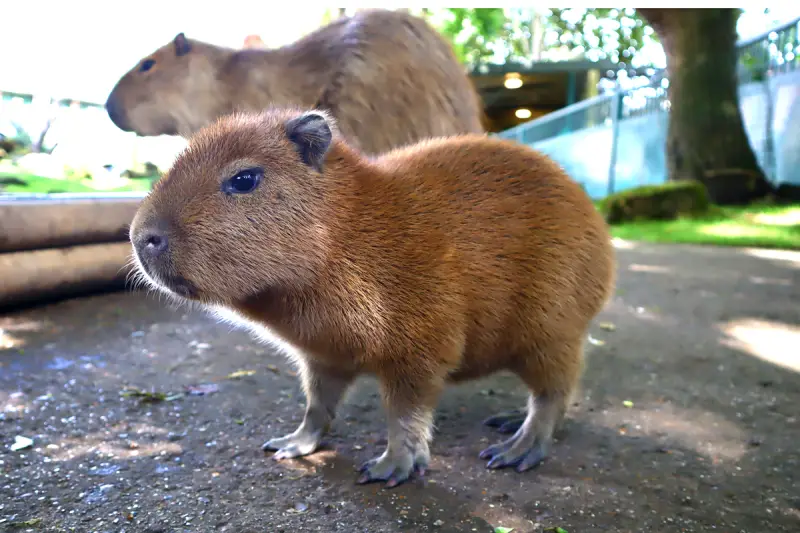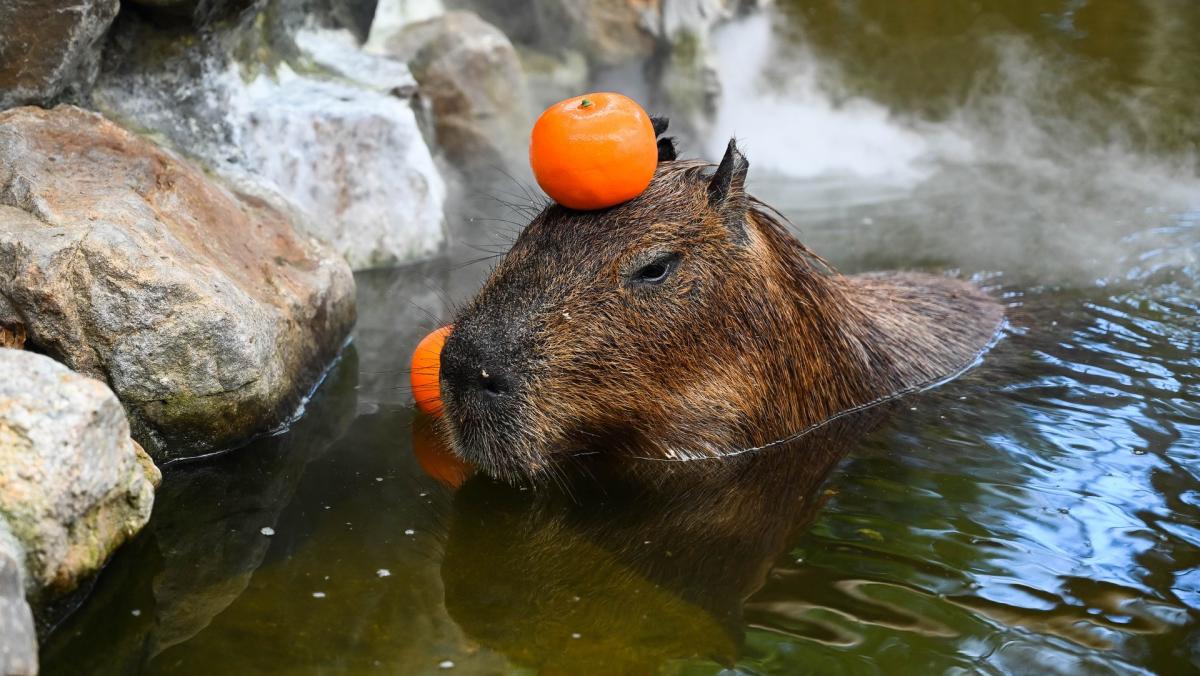Did you know that owning a pet capybara comes with its own set of expenses? The cost of a capybara can vary depending on a variety of factors, such as where you live and where you purchase the capybara from. From the initial purchase price to maintenance costs, it’s important to have a clear understanding of the financial commitment involved in owning one of these adorable creatures. In this article, we will explore the different aspects that contribute to the overall cost of a capybara, so if you’ve ever considered welcoming one into your home, keep reading to find out everything you need to know.
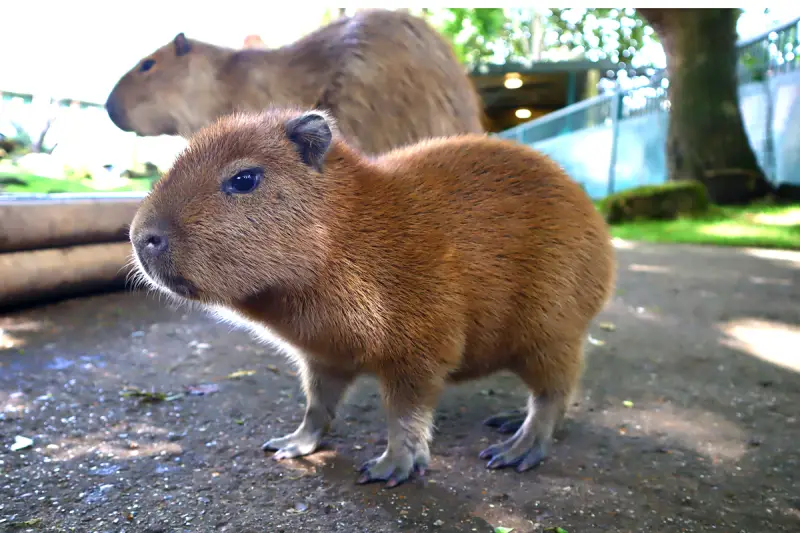
Purchase Cost
Captive-Bred vs. Wild-Caught Capybaras
When considering the purchase of a capybara, one important factor to take into account is whether you are looking for a captive-bred or a wild-caught capybara. Captive-bred capybaras tend to be more expensive upfront compared to their wild-caught counterparts. The reasoning behind this price difference lies in the effort and resources required to breed capybaras in captivity. Captive-bred capybaras are often more accustomed to human interaction and can be easier to handle and train. On the other hand, wild-caught capybaras are generally cheaper, but they can be more challenging to acclimate to human presence and may come with additional ethical concerns. Ultimately, your choice between captive-bred and wild-caught capybaras should factor in not only the purchase cost but also your personal preferences and considerations.
Variations in Capybara Cost
Apart from the distinction between captive-bred and wild-caught capybaras, there are other price variations within the capybara market. The cost of a capybara can depend on various factors, including the age, gender, and overall health of the animal. Generally, younger capybaras tend to be more expensive due to their higher demand and longer potential lifespan. Male capybaras are typically priced higher than females as they are often used for breeding purposes. Additionally, capybaras with unique coat colors or patterns may command a higher price in the market. It’s important to research and compare prices from reputable breeders to ensure you are getting a fair deal and a healthy capybara companion.
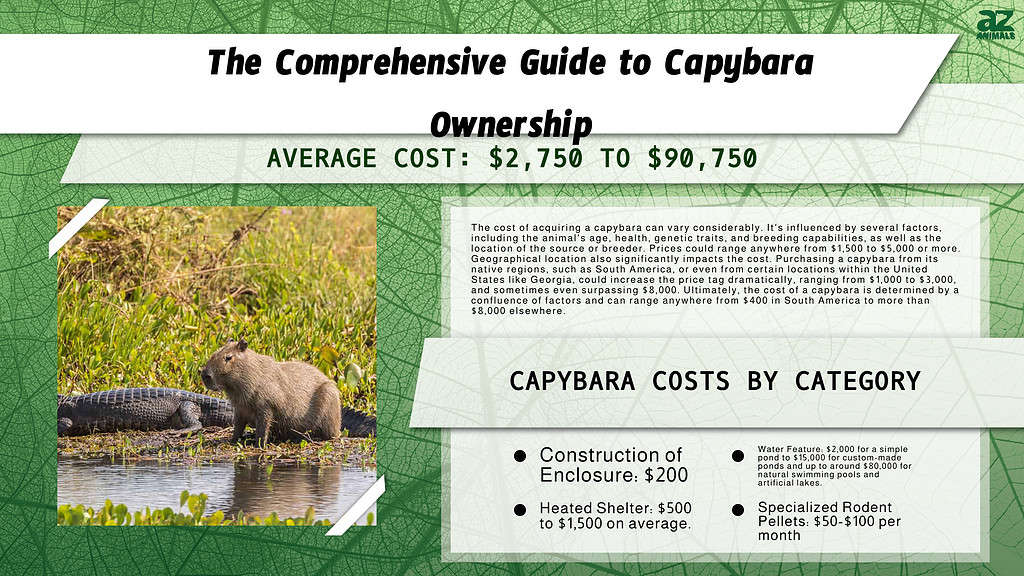
Upfront Expenses
Licensing and Permit Fees
Before bringing a capybara into your life, it is crucial to be aware of the legal requirements and associated costs. Depending on your location, owning a capybara may necessitate specific permits and licenses. These fees can vary significantly from one jurisdiction to another, so it’s essential to investigate the requirements specific to your area. It is advisable to consult with local authorities or exotic pet organizations to ensure you have all the necessary paperwork in place and to budget for the associated licensing and permit fees.
Enclosure Setup and Equipment
Creating a suitable and secure enclosure for your capybara entails a significant upfront expense. Capybaras require ample space to roam and a dedicated shelter area to rest. The enclosure should be escape-proof and offer protection from predators. Building or purchasing a spacious and well-constructed capybara enclosure can involve costs such as fencing materials, building supplies, and professional installation if needed. Additionally, essential equipment like water dishes, feeding troughs, and hiding spots should be considered in your initial expenses. It’s important to invest in a high-quality enclosure and equipment to ensure the safety and well-being of your capybara.
Initial Veterinary Costs
Given the uniqueness of capybaras as pets, it is crucial to include initial veterinary costs in your budget. Before bringing your capybara home, it is recommended to have a thorough health examination conducted by a veterinarian experienced in exotic animal care. This examination can help identify any pre-existing conditions and provide necessary vaccinations. Depending on your location and the specific veterinary services available, the initial veterinary costs can vary. It is important to establish a good relationship with an exotic animal veterinarian to ensure that your capybara receives proper medical care and to anticipate any potential health expenses.
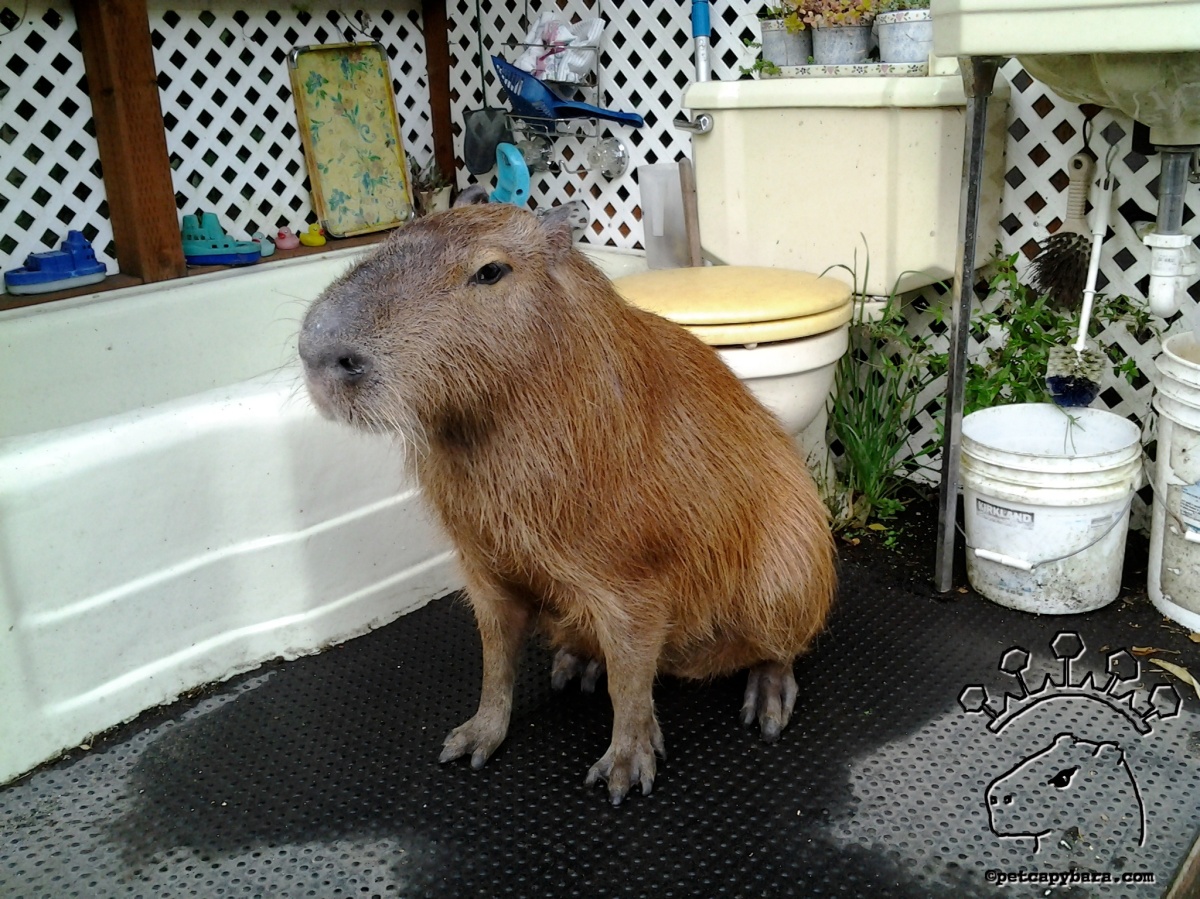
Ongoing Expenses
Feed and Water Costs
Capybaras have specific dietary requirements that need to be met to ensure their overall health and well-being. They need a diet rich in fiber, such as hay or grass, supplemented with fresh vegetables and fruits. The cost of providing a balanced diet for your capybara may vary depending on availability and pricing of these food items in your area. Additionally, capybaras require a constant supply of fresh water, which should be factored into your ongoing expenses. Regularly replenishing their food and water supply ensures that your capybara remains healthy and content.
Veterinary Care and Medications
Just like any other pet, capybaras require regular veterinary check-ups to maintain their health. These check-ups may involve routine vaccinations, dental exams, and overall wellness assessments. It’s important to include these recurring veterinary costs in your budget to ensure the ongoing well-being of your capybara. Additionally, unforeseen health issues may arise, requiring additional veterinary care and medications. Potential costs for these unexpected situations should also be considered when planning for ongoing expenses.
Housing Maintenance
Maintaining the capybara’s enclosure is an ongoing responsibility that includes cleaning, repairing, and replacing materials as needed. Capybaras are known for their love of water, and regular cleaning of their water area is essential to prevent bacterial growth. Furthermore, their enclosure may need regular spot-cleaning and periodic deep-cleaning to maintain a hygienic environment. Allocating funds for bedding materials, cleaning supplies, and potential repairs ensures that your capybara’s living space remains clean and comfortable.
Enrichment and Toys
Capybaras are very social animals and require mental and physical stimulation to thrive. Investing in enrichment activities and toys is crucial to prevent boredom and provide a stimulating environment for your capybara friend. Enrichment items can include puzzle feeders, chew toys, and various objects that encourage exploration and play. It is important to rotate and introduce new toys regularly to keep your capybara engaged and entertained. While the cost of enrichment items may vary, setting aside a portion of your budget for these needs will contribute to your capybara’s overall well-being.
Grooming and Cleaning
Capybaras are naturally clean animals and groom themselves regularly. However, they may require occasional grooming assistance, such as nail trimming or teeth maintenance. These grooming needs may incur additional expenses if professional grooming services are necessary. Additionally, regular cleaning of their living space is essential to maintain a healthy environment for your capybara. Allocating funds for grooming supplies and potential professional grooming services will help ensure your capybara remains clean, comfortable, and happy.
Training and Behavior
Training and behavioral needs are important aspects of capybara ownership. Capybaras can be trained to respond to cues, commands, and basic obedience. Investing in training materials and potentially enlisting the help of a professional animal trainer can contribute to a positive and well-behaved capybara companion. Additionally, behavioral issues may arise, requiring the assistance of a professional behaviorist. It is important to consider potential training and behavior-related expenses when budgeting for your capybara to ensure a harmonious and fulfilling relationship.
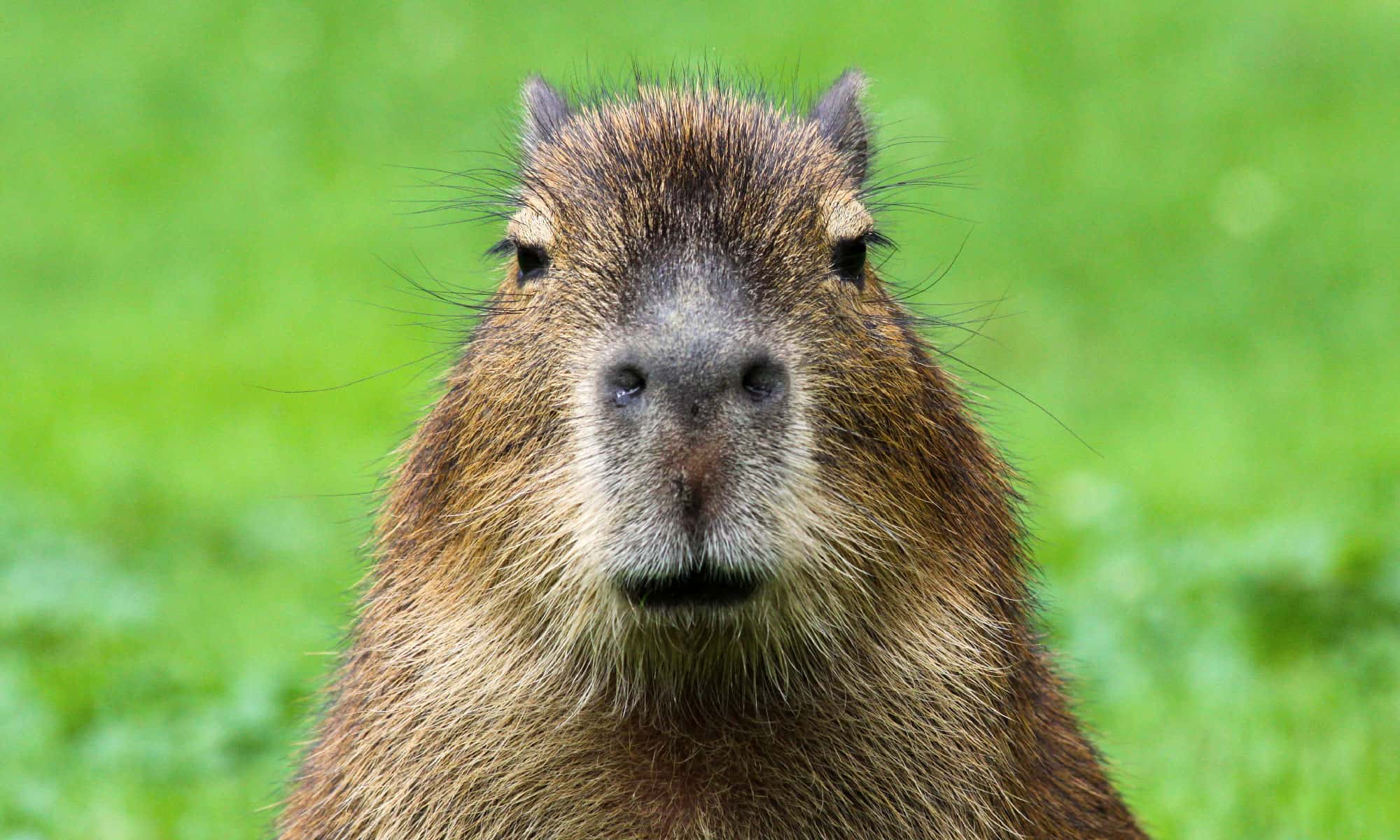
Unexpected Costs
Emergency Veterinary Care
Even with the best care, unforeseen health emergencies can occur with any pet, including capybaras. It is crucial to prepare for unexpected veterinary expenses that may arise due to accidents, illnesses, or other urgent health issues. Emergency veterinary care can be costly, and having a financial safety net specifically designated for these situations is essential to provide your capybara with the care they need without the added stress of financial burdens.
Damages and Repairs
Capybaras are known for their curiosity and ability to explore their surroundings. However, their inquisitive nature can sometimes lead to accidental damages within their enclosure or even in other areas of your home. Repairing any damages may involve costs for materials, professional services, or DIY repairs. Considering the potential for damages and repairs when budgeting for your capybara can help you be prepared for unforeseen expenses.
Additional Expenses
It is essential to note that owning a capybara may come with additional costs beyond the initial and ongoing expenses mentioned above. These additional expenses can include but are not limited to transportation costs, specialized equipment or supplies, grooming tools, training aids, and unforeseen circumstances unique to your capybara’s individual needs. Building a contingency fund or saving for these additional expenses will help you manage unexpected financial obligations effectively.
Conclusion
Owning a capybara can be a rewarding and unique experience, but it is essential to consider the various costs associated with capybara ownership. From the initial purchase cost to ongoing expenses such as food, veterinary care, and housing maintenance, being financially prepared is crucial. Additionally, unexpected costs, such as emergency veterinary care and potential damages or repairs, should not be overlooked. By understanding and budgeting for these expenses, you can ensure that you provide your capybara with a loving and secure environment while maintaining your financial stability. Remember to consult reputable breeders, research local regulations, and establish a good relationship with an exotic animal veterinarian to make informed decisions and provide the best care for your capybara companion.

